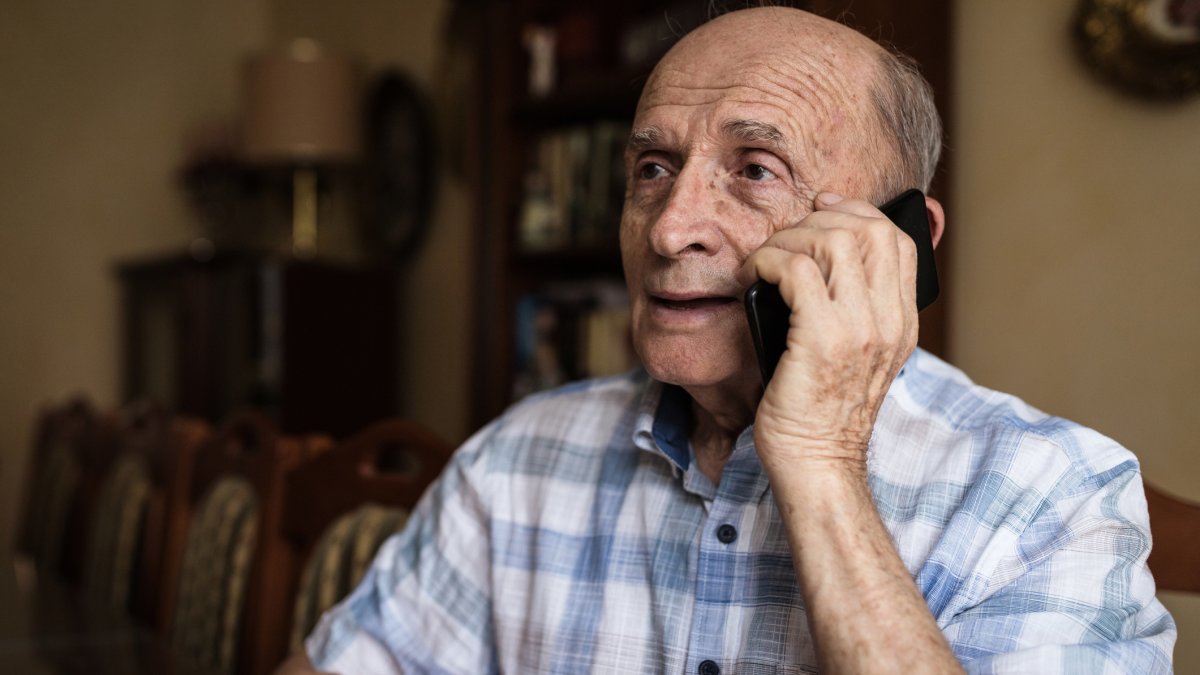NHS must urgently address inequalities that were made worse by Covid-19 pandemic, says new study
Changes to how people accessed primary care during the Covid-19 pandemic exacerbated health inequalities, particularly for those experiencing symptoms of colorectal cancer, according to new research from the University of Surrey. Researchers say such inequalities need to be urgently addressed to ensure there is no ongoing impact.

The new study found that health inequalities – the unfair and avoidable differences in people’s healthcare – were not fully considered when changes in accessing health services were made. Such changes included the use of remote technology to triage patients. Researchers found that this made it harder for people from deprived backgrounds to access services and talk to health care professionals about their symptoms and care for colorectal cancer.
Dr Katriina Whitaker, Lead for Cancer Care in the School of Health Sciences at the University of Surrey, said:
“Inequalities have always existed in our health service, but we have found that this problem, particularly for those experiencing symptoms of colorectal cancer, was further exacerbated due to the Covid-19 pandemic.
“Due to lockdowns and social distancing measures, the health service had to adapt in order to deliver its vital services. Unfortunately, some people struggled to navigate this new system or were hesitant about contacting their GP when experiencing symptoms, which ultimately delayed them from receiving the treatment they needed. This was more likely in those from a lower socio-economic status. Such inequalities must be urgently looked at if the NHS is to improve outcomes for those who need help most.”
During the study, researchers interviewed 39 people from higher and lower socio-economic backgrounds to understand their experiences in accessing primary care for symptoms of colorectal cancer during the pandemic and if it was affected by their socio-economic status. Researchers found that those from deprived areas were disadvantaged in recognising signs and symptoms of colorectal cancer, with many expressing uncertainties about whether their symptoms could be attributed to Covid-19.
Differences in how people navigated the health services were also identified, with the use of apps being taken up more readily by people from a higher socio-economic background, who also had a more positive attitude towards the adoption of remote consultations.
Researchers also found that more than half of participants in the lower socio-economic group had reservations about communicating with GPs digitally. Participants spoke of practical barriers such as missing phone calls and not getting a call back and dependence on a working internet connection.
The research was published in the British Journal of General Practice.
Notes to editors
- Socio economic status in this study was determined by education. People with O-levels/GCSEs or equivalent or with no formal qualification were in the lower SES group, and those with A-level, or above were in the higher SES group.
- Contact the University of Surrey press office: mediarelations@surrey.ac.uk
Media Contacts
External Communications and PR team
Phone: +44 (0)1483 684380 / 688914 / 684378
Email: mediarelations@surrey.ac.uk
Out of hours: +44 (0)7773 479911
